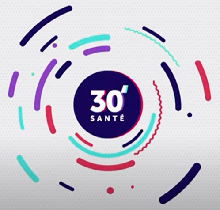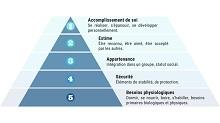Next reading group on Learning, Education and Development (LEaD)
Bibliothèque DYCOG, CRNL, CH Le Vinatier, Bâtiment 452, 95 Boulevard Pinel, 69500 Bron
Finale régionale Ma Thèse en 180 secondes
À suivre en présentiel (inscription sur le site de l'UDL) ou en direct sur la page Facebook de l'UDL

















